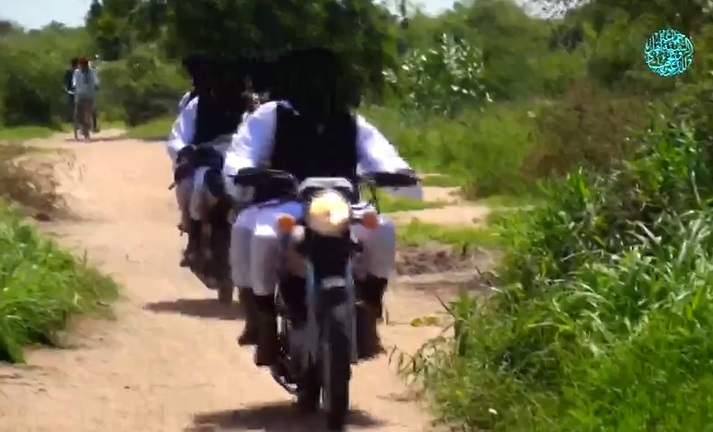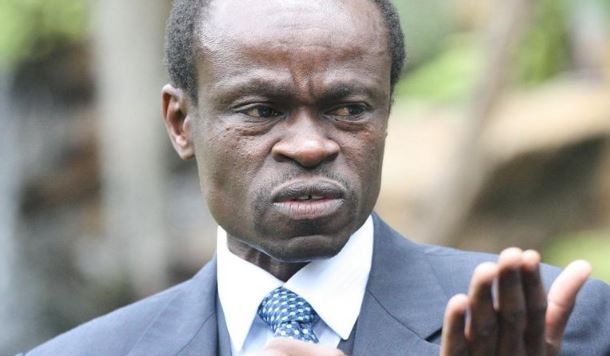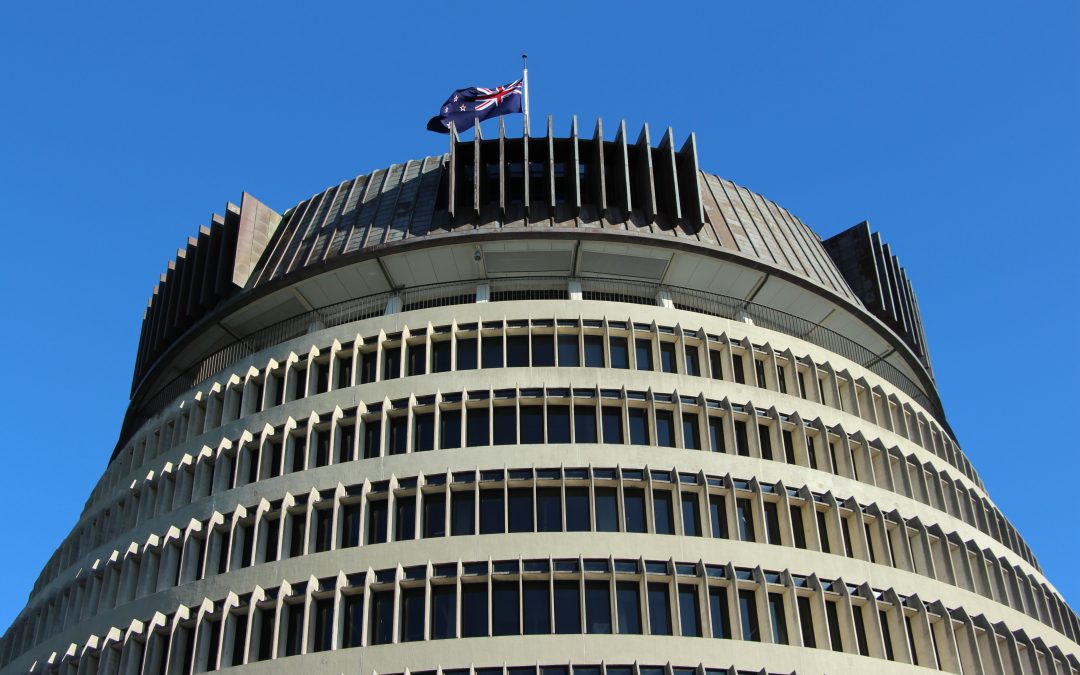Boko Haram Insurgents
Cash economy’s “predominance” is favourable to the activities of Boko Haram and other terrorist groups in the Lake Chad Basin region, says a UN report.
The report on the activities of terrorist groups was submitted to the UN security council committee.
The UN said the number of doctrinally based non-governmental organisations sending funds to local terrorist groups was growing, and member states were concerned that radicalisation was increasing the threat level.
The report said: “Meanwhile, Boko Haram (QDe.138) and the Islamic State West Africa Province (ISWAP) have had a similar impact in their areas of control, including the Lake Chad basin.
Advertisement
“The predominance in the region of the cash economy, without controls, is conducive to terrorist groups funded by extortion, charitable donations, smuggling, remittances and kidnapping.
“In Nigeria, 111 schoolgirls from the town of Dapchi were kidnapped on 18 February 2018 and released by ISWAP on 21 March 2018 in exchange for a large ransom payment.”
The report was signed by Edmund Fitton-Brown, coordinator, analytical support and sanctions monitoring team, and and Kairat Umarov, chair, security council committee.
Advertisement
Fitton-Brown said the report was “comprehensive and independent”.
The UN security council had last week said it remained concerned at the security and humanitarian situation caused by the Boko Haram terrorists and other armed groups in Nigeria, Cameroon and Chad.
In a presidential statement, the 15-country body said: “The security council strongly condemns all terrorist attacks carried out in the region, including those perpetrated by Boko Haram and the Islamic State in Iraq and the Levant (ISIL, also known as Daesh).
Advertisement
“These attacks have caused large-scale and devastating losses, have had a devastating humanitarian impact including through the displacement of a large number of civilians in Nigeria, Cameroon and Chad, and represent a threat to the stability and peace of West and Central Africa.
“The council notes with particular concern the continuing use by Boko Haram of women and girls as suicide bombers, which has created an atmosphere of suspicion towards them and made them targets of harassment and stigmatisation in affected communities, and of arbitrary arrests by security forces.
“The council emphasises the need for affected states to counter-terrorism in all its forms and manifestations, including by addressing the conditions conducive to the spread of terrorism, in accordance with obligations under international law, in particular international human rights law, international refugee law and international humanitarian law.
“The security council remains deeply concerned at the grave security situation and related violations and abuses of human rights in parts of Central Africa, in particular the continuing terrorist activities of Boko Haram and other terrorist groups in the Lake Chad Basin.
Advertisement
“The security council expresses its ongoing concern at continued tensions linked to disputed electoral processes, social and economic difficulties, and conflicts between farmers and herders.”
Advertisement
The 15-member council noted that UNOCA’s priorities would include working closely with UNOWAS to address trans-regional issues such as maritime security in the Gulf of Guinea, conflict between farmers and herders, and combating Boko Haram.
Advertisement






